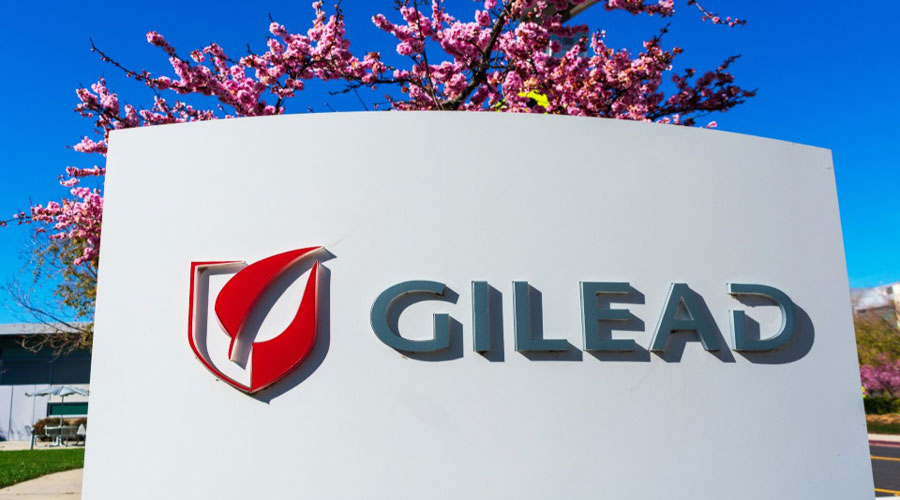Since January, Gilead has worked with speed, care, and diligence to prepare for the possibility that the company’s investigational antiviral remdesivir may be found effective against the virus that causes COVID-19. Recent clinical trial results and the decision by the U.S. Food & Drug Administration to issue an Emergency Use Authorization for remdesivir have highlighted the urgency of this work and the importance of planning for access to remdesivir globally.
Gilead’s overarching goal is to make remdesivir both accessible and affordable to governments and patients around the world, where authorized by regulatory authorities. Given the urgent needs of patients globally, the company is pursuing the following strategy to further accelerate and maximize access to remdesivir.
Coronavirus: ARY News office closed after 8 employees tested positive
Gilead is in discussions with some of the world’s leading chemical and pharmaceutical manufacturing companies about their ability, under voluntary licenses, to produce remdesivir for Europe, Asia, and the developing world through at least 2022. The company is also negotiating long-term voluntary licenses with several generic drug makers in Pakistan and India to produce remdesivir for developing countries.
Gilead will provide appropriate technology transfers to facilitate this production. Finally, the company is in active discussions with the Medicines Patent Pool, which Gilead has partnered with for many years, to license remdesivir for developing countries.
To further facilitate access in developing countries during this acute health crisis, Gilead is in advanced discussions with UNICEF to utilize their extensive experience providing medicines to low- and middle-income countries during an emergency and humanitarian crises to deliver remdesivir using its well-established distribution networks.
Close coordination of remdesivir manufacturing will be critical. This is why Gilead is working to build a consortium of manufacturing partners – to bring efforts together to help maximize global supply.
Producing the drug requires scarce raw materials, with their own lengthy production time, and specialized manufacturing capabilities with limited global capacity. Any disruption to the supply chain impacting these scarce raw materials and other manufacturing inputs could reduce the amount of remdesivir produced and increase the time it takes to do so.
Gilead is grateful to all its colleagues at health agencies and organizations around the world for their valuable input and insight, which have helped guide the company’s strategy. The company looks forward to keeping its partners and the public updated as plans move forward.




























